Life
-
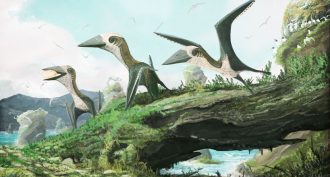 Fossils
FossilsMini pterosaur from the age of flying giants
Not all pterosaurs flying the Cretaceous skies had a wingspan as wide as a school bus is long. Some, new fossils show, were smaller than modern eagles.
By Meghan Rosen -
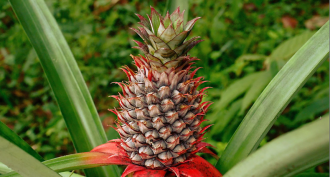 Plants
PlantsScientists Say: Bromeliad
Bromeliads are plants with long spiky leaves. They are common houseplants, and we even see one in the grocery store — the pineapple.
-
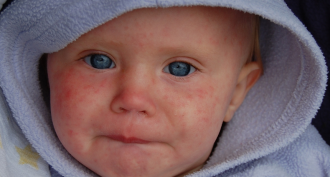 Health & Medicine
Health & MedicineMeasles in the Americas: Going, going — gone!
The Americas have at last shed a major childhood scourge: measles. The viral infection used to kill hundreds of children each year. Now the hemisphere only sees cases spread by travelers.
By Meghan Rosen -
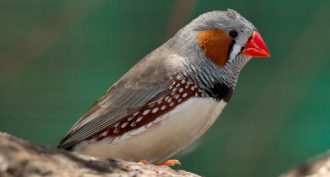 Health & Medicine
Health & MedicineZebra finches can ‘drink’ water from their own fat
When water is scarce, thirsty zebra finches can produce their own water. They do it by breaking down their body fat.
By Susan Milius -
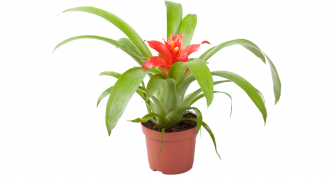 Plants
PlantsHouseplants suck up air pollutants that can sicken people
Certain indoor air pollutants can sicken people. But some houseplants can remove those chemicals from a room’s air, new data show.
-
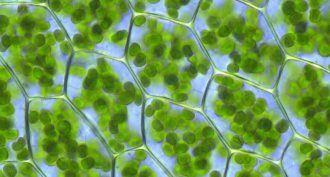 Plants
PlantsScientists Say: Chlorophyll
Plants can make energy out of sunlight, all thanks to a pigment called chlorophyll.
-
 Brain
BrainGood dog! Canine brains separate tone of speech from its meaning
Dogs brains divide up the tasks of interpreting words and interpreting emotion. It’s a skill that may have evolved even before people did.
-
 Tech
TechOne day, computers may decode your dreams
Scientists are learning how to translate brain activity into words and thoughts. This may one day allow people to control devices with their minds.
-
 Brain
BrainExplainer: How to read brain activity
Electricity underlies the chattering of brain cells. Here’s how scientists eavesdrop on those conversations.
-
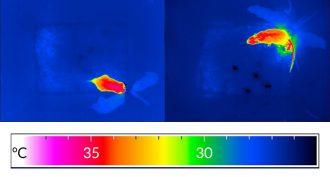 Brain
BrainMice brains hint at how bodies keep their cool
Nerve cells in mice can keep the body cool and may prevent high fevers. The discovery could have implications for obesity and other health issues.
-
 Animals
AnimalsMeet scientists who take on the study of life
What does a scientist look like? Meet these amazing women in biology.
-
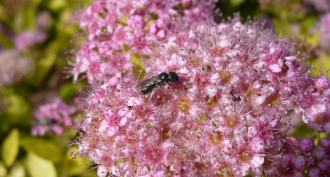 Animals
AnimalsBee underfeeds eldest daughter, creating ‘nursemaid’
By giving a brood’s firstborn female smaller portions and a low-protein diet, a mother bee can turn the offspring into a nursemaid for her younger siblings.